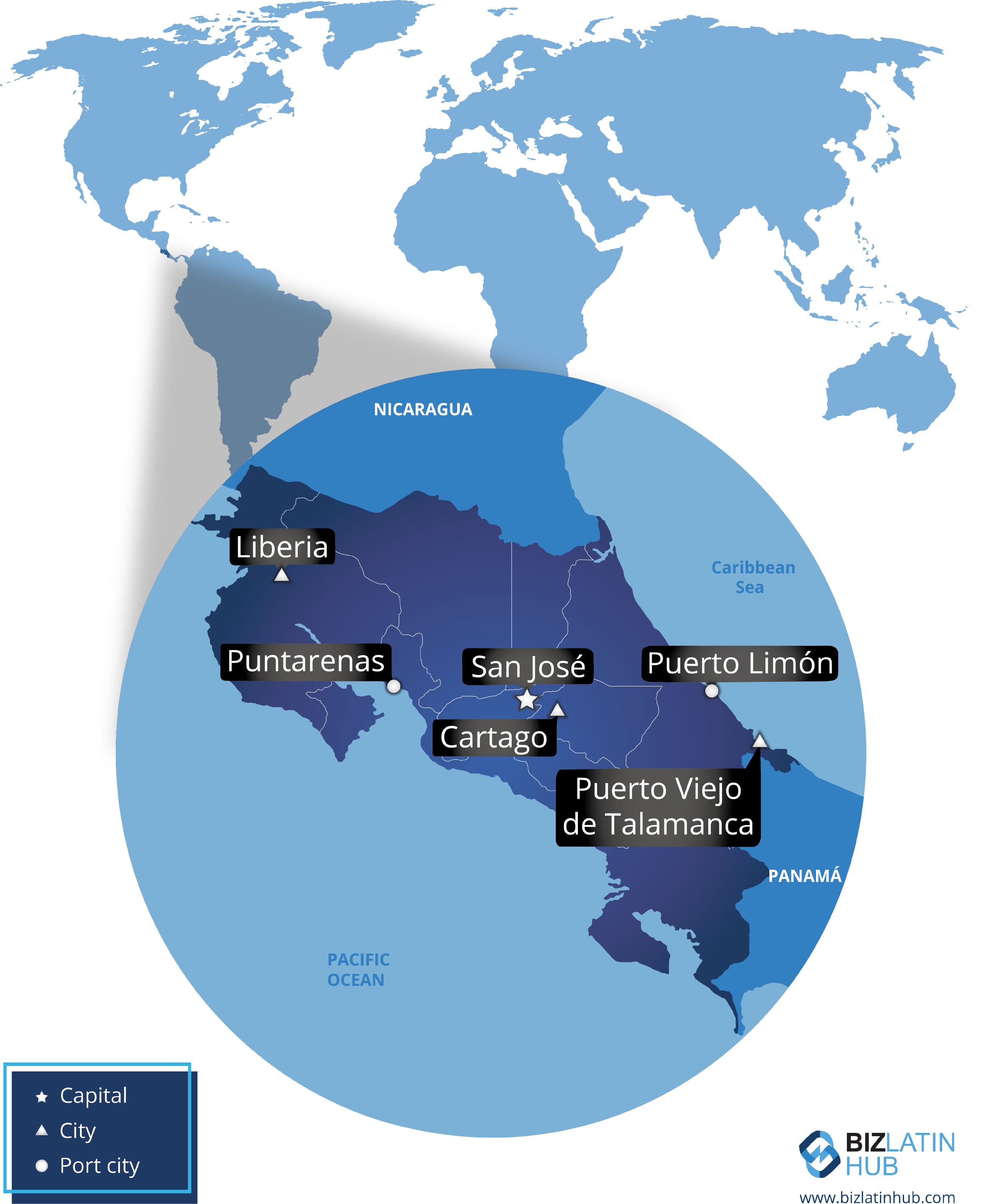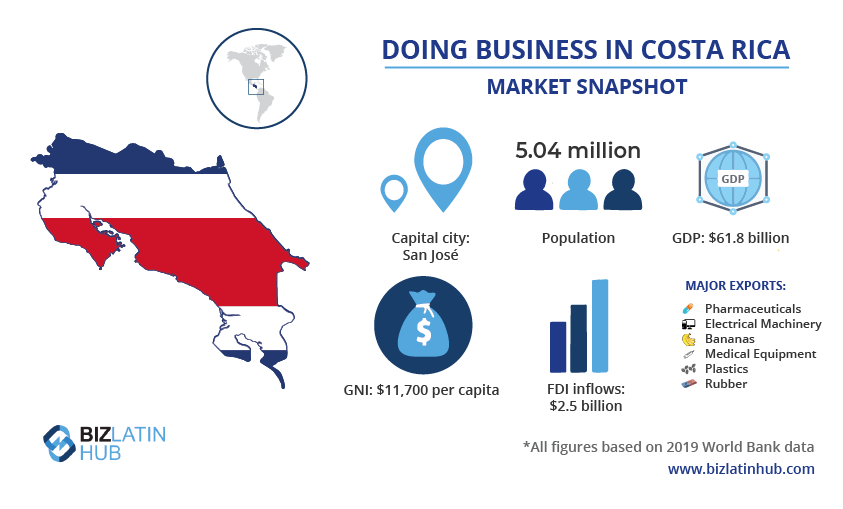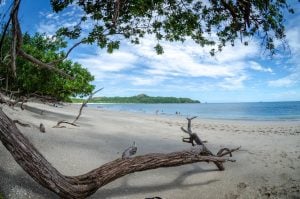A new law seeks to attract digital nomads into moving to Costa Rica by offering a renewable one-year visa with generous tax incentives.

Officially named the ‘Law to Attract Workers and Remote Providers of International Services,’ the measure was signed into law by President Carlos Alvarado on August 11, having originally been approved by the Costa Rican Legislative Assembly in mid-July.
Costa Rica’s digital nomad law creates a new migratory classification which allows eligible applicants to receive a non-resident visa that also covers a partner and children under the age of 25. That includes same-sex partners, after Costa Rica became the first Central American nation to recognise same-sex marriage in 2020.
Anyone who successfully applies for a ‘remote services provider’ visa will receive permission to remain in Costa Rica for an initial one-year period, which can be extended by a further year as long as that person has spent at least 180 days of the first year inside the country.
The visa comes with full income tax exemption — albeit only for the holder, not for their partner or dependents. Holders will also be able to open a bank account in Costa Rica.
The visa also includes exemption of import taxes for the importation of computers and other technical equipment needed to perform the digital nomad visa holder’s job, as well as on up to two land, sea, or air vehicles. Those vehicles can be for the use of the visa holder, their partner or dependents.
SEE ALSO: Key Requirements for Starting a Business in Costa Rica
To that end, after moving to Costa Rica, a holder of a digital nomad visa will be able to legally drive in the country using a valid driving license from their home country for the entire term of their visa.
Latest move to encourage moving to Costa Rica
The new law is just the latest effort to encourage people into moving to Costa Rica, which the government hopes will bolster the country’s recovery from the turmoil of the global pandemic.

Alvarado’s signing of the digital nomad law comes just weeks after he signed a law lowering the minimum financial threshold for foreign investors to receive residency, which also included generous tax incentives.
Prior to the pandemic, foreign investment made up approximately 7.8% of gross domestic product (GDP), however by mid-2021 that had fallen to an estimated 3.5%.
With many more people forced to work from home by the global pandemic, a study published by Harvard University in 2020 suggested that at least 16% of workers would remain remote after the end of the global health emergency.
That follows an already rising trend for remote working, with an estimated 7.3 million working remotely in the US prior to the pandemic. That number grew to 10.9 million by August 2020, and Costa Rica is now seeking to tap into this rising community of mobile workers.
A popular destination for foreigners in LatAm
The country’s stable economy and low violent crime levels have long attracted people into moving to Costa Rica.
Witnessing impressive growth since the early 1980s, Costa Rica is also one of the most prosperous countries in Latin America and the Caribbean, providing a high quality of life for foreigners and boasting one of the lowest poverty rates in the region.
Thanks to its prosperity and safety, Costa Rica has emerged as a highly popular destination for foreign investment, with more than $2.5 billion in foreign direct investment (FDI) entering the country in 2019.
While the country today finds itself seeking to overcome the economic damage of the COVID-19 pandemic, it recently reported an improved forecast for growth this year, which is now expected to hit 3.9% in 2021.

Biz Latin Hub can assist you moving to Costa Rica
At Biz Latin Hub, we have the personnel and expertise to help facilitate you moving to Costa Rica. Whether you are planning to invest in a local business, set up shop with your own commercial venture, or enter the country through property purchase or other means, we can be your single point of contact for entering and operating in this prosperous market. That’s because we offer a full portfolio of back-office and relocation support services, including company formation, legal, accounting, visa processing, and recruitment.
We are also present in 17 other markets around Latin America and the Caribbean, and specialise in multi-market entry.
Contact us today to discuss how we can assist you.
Or read about our team and expert authors.






